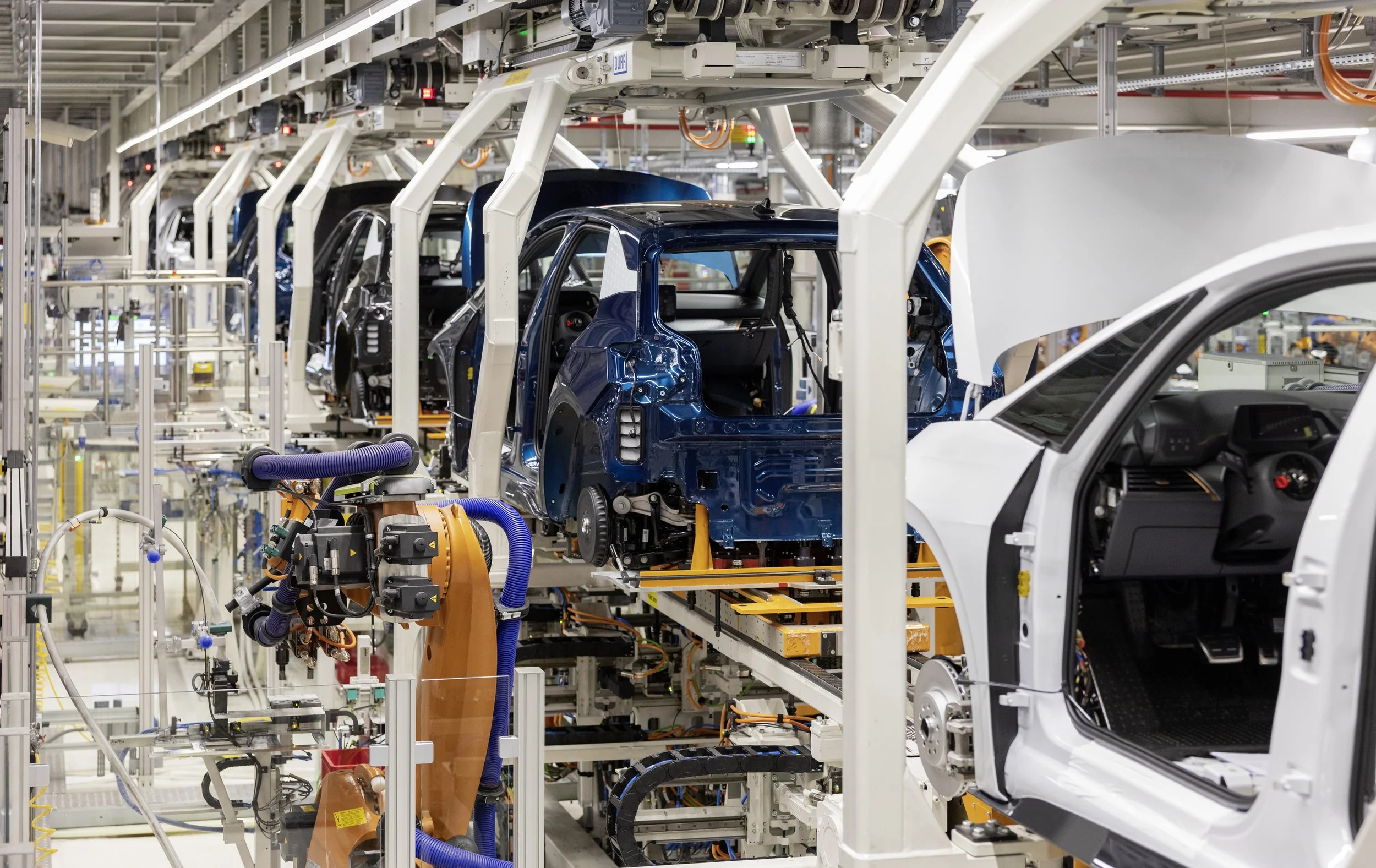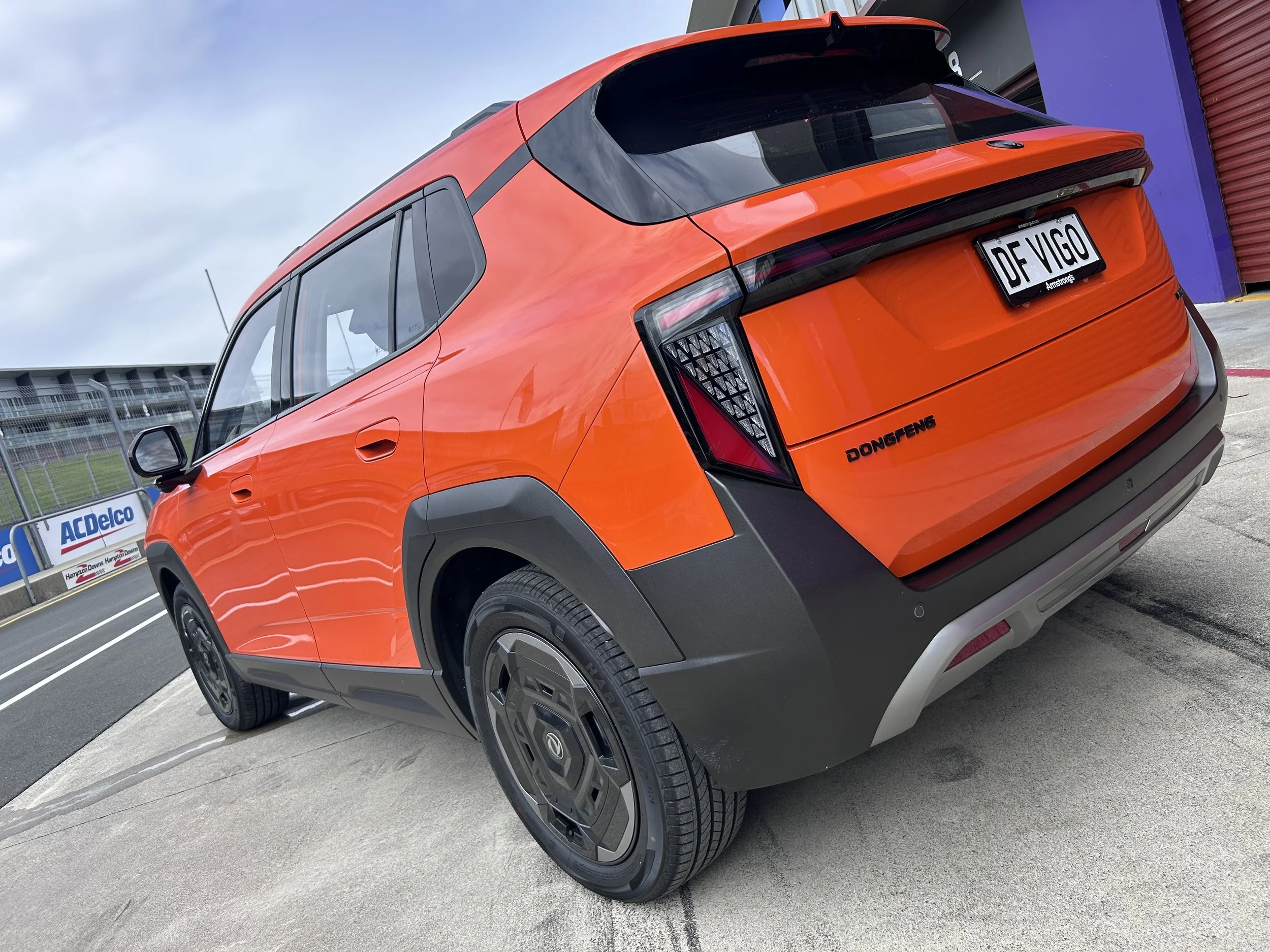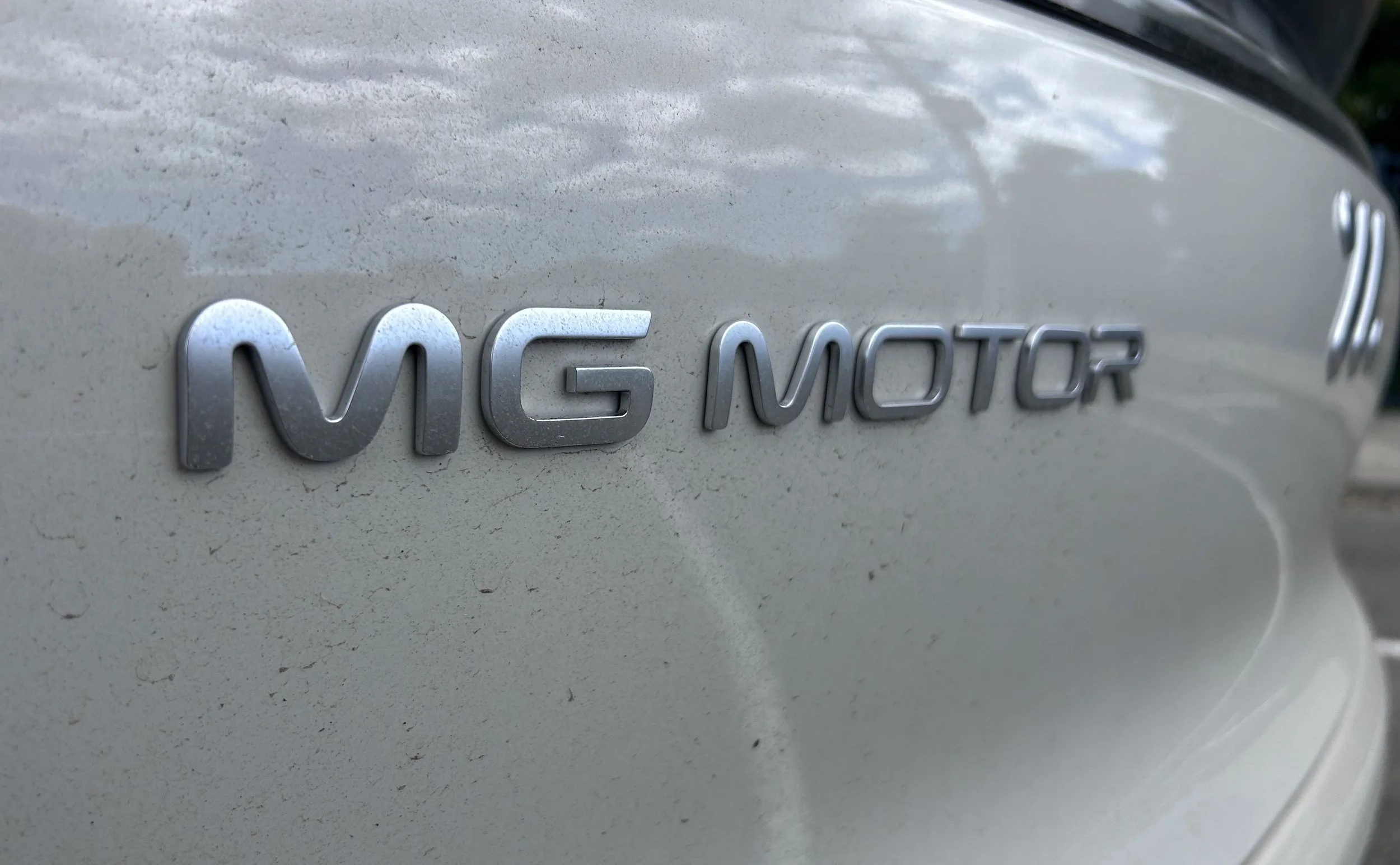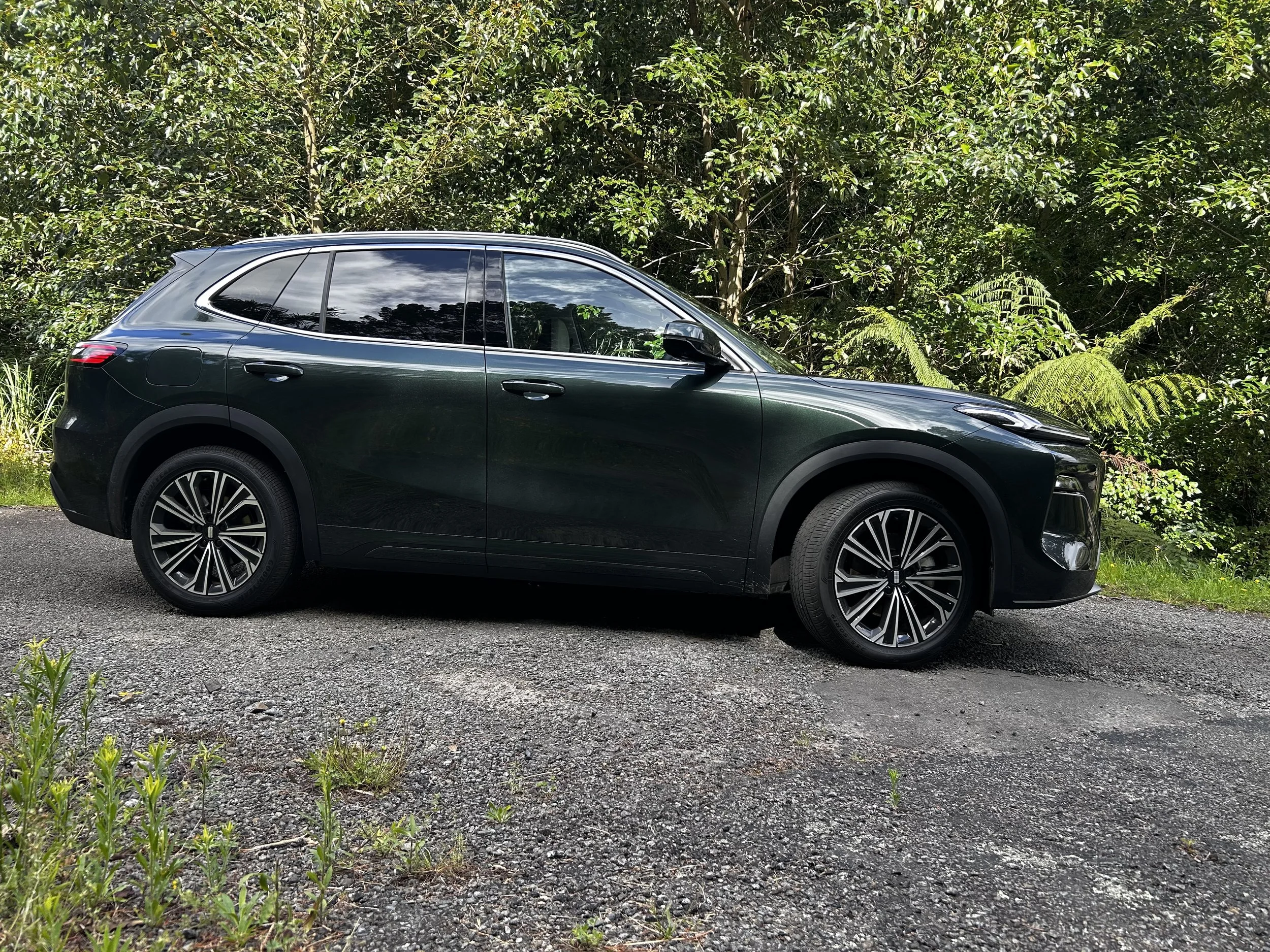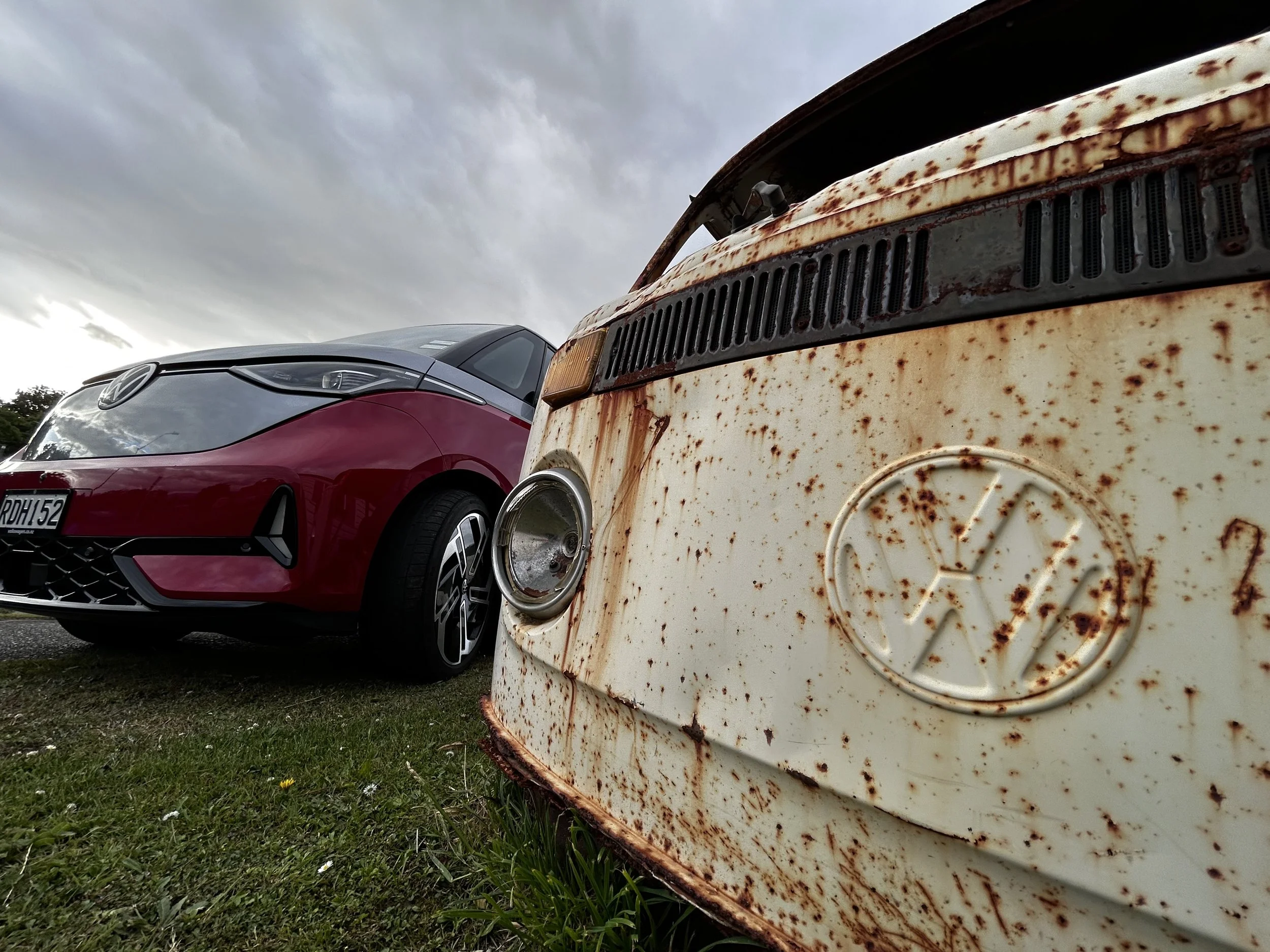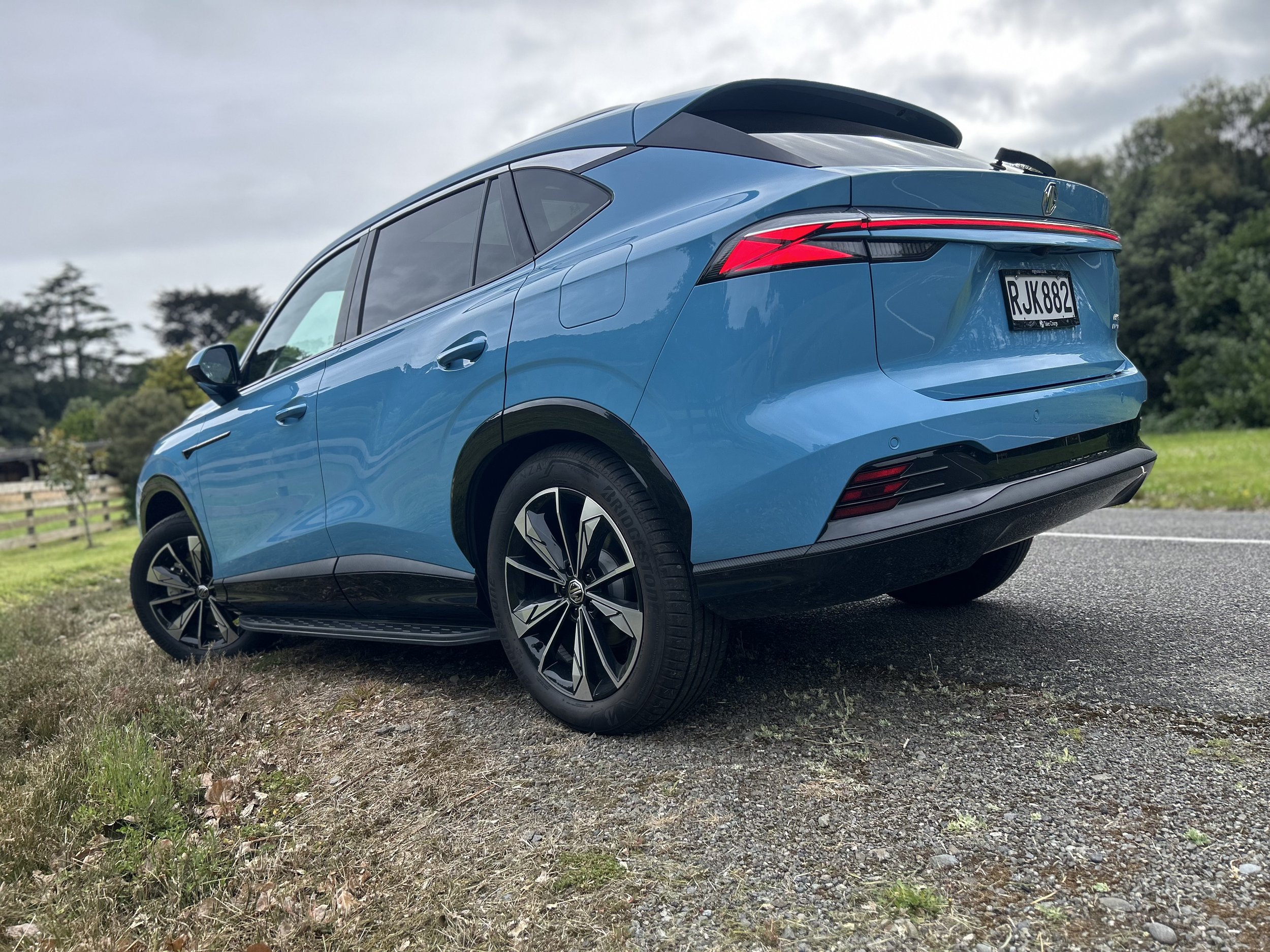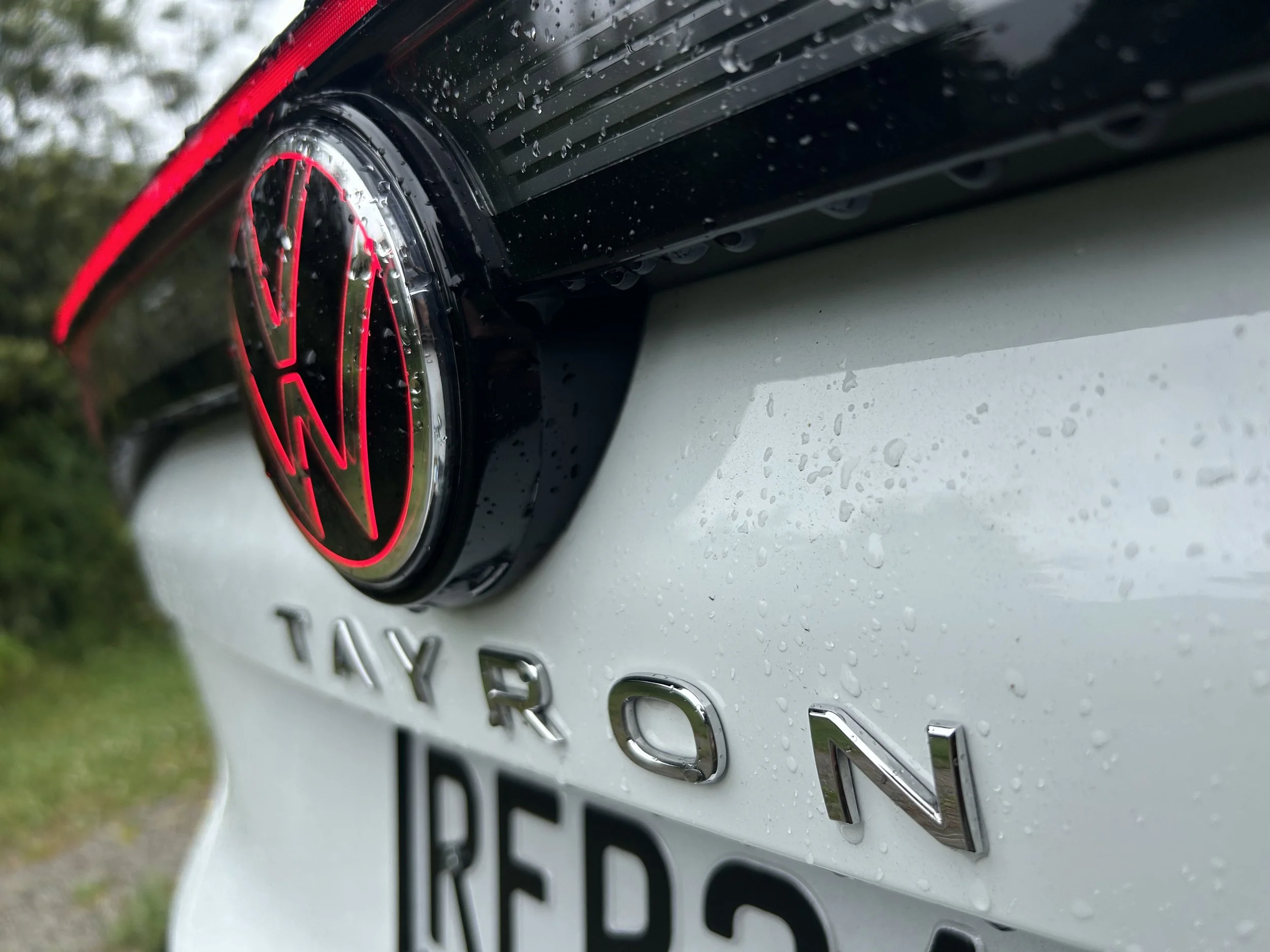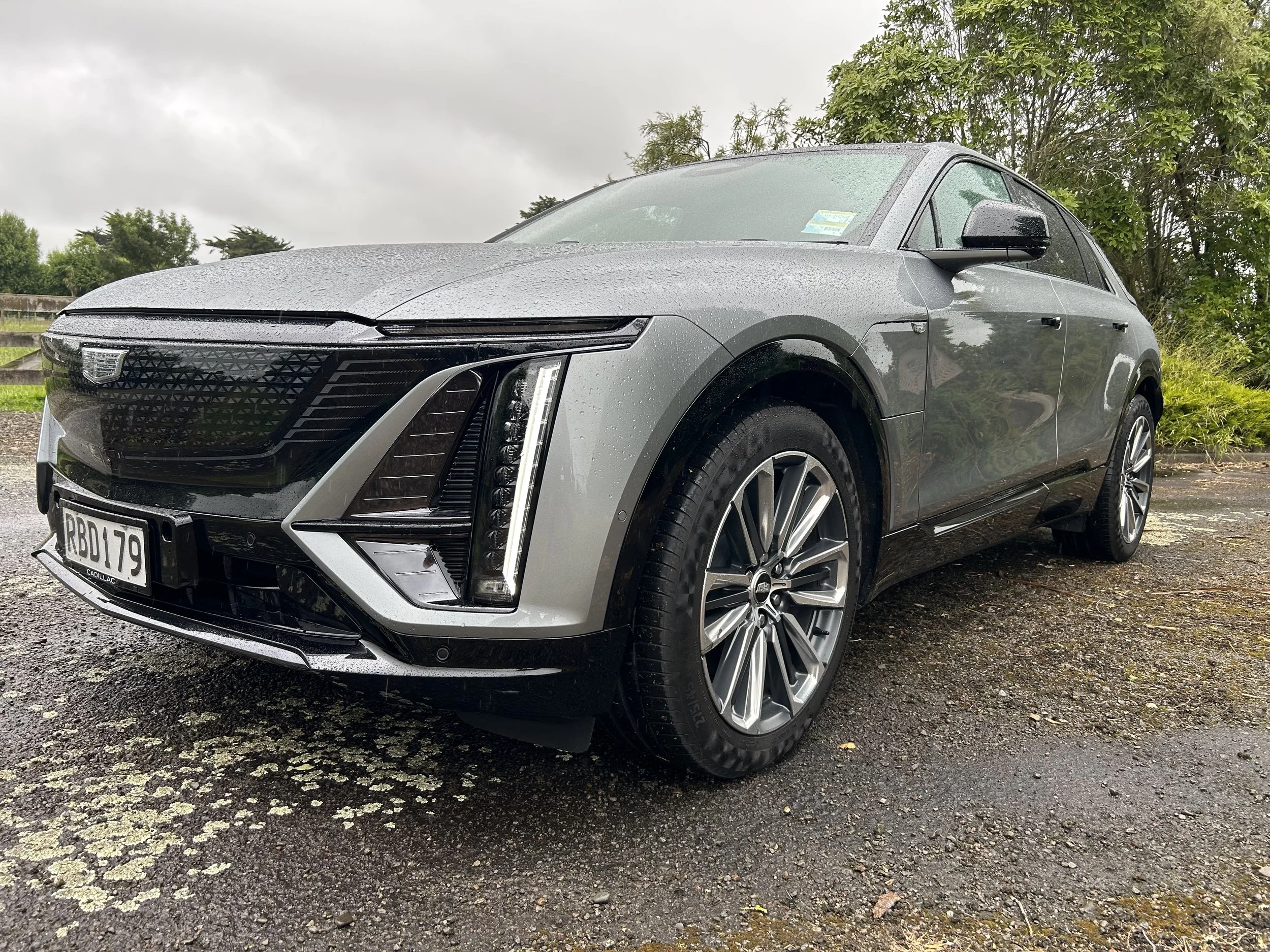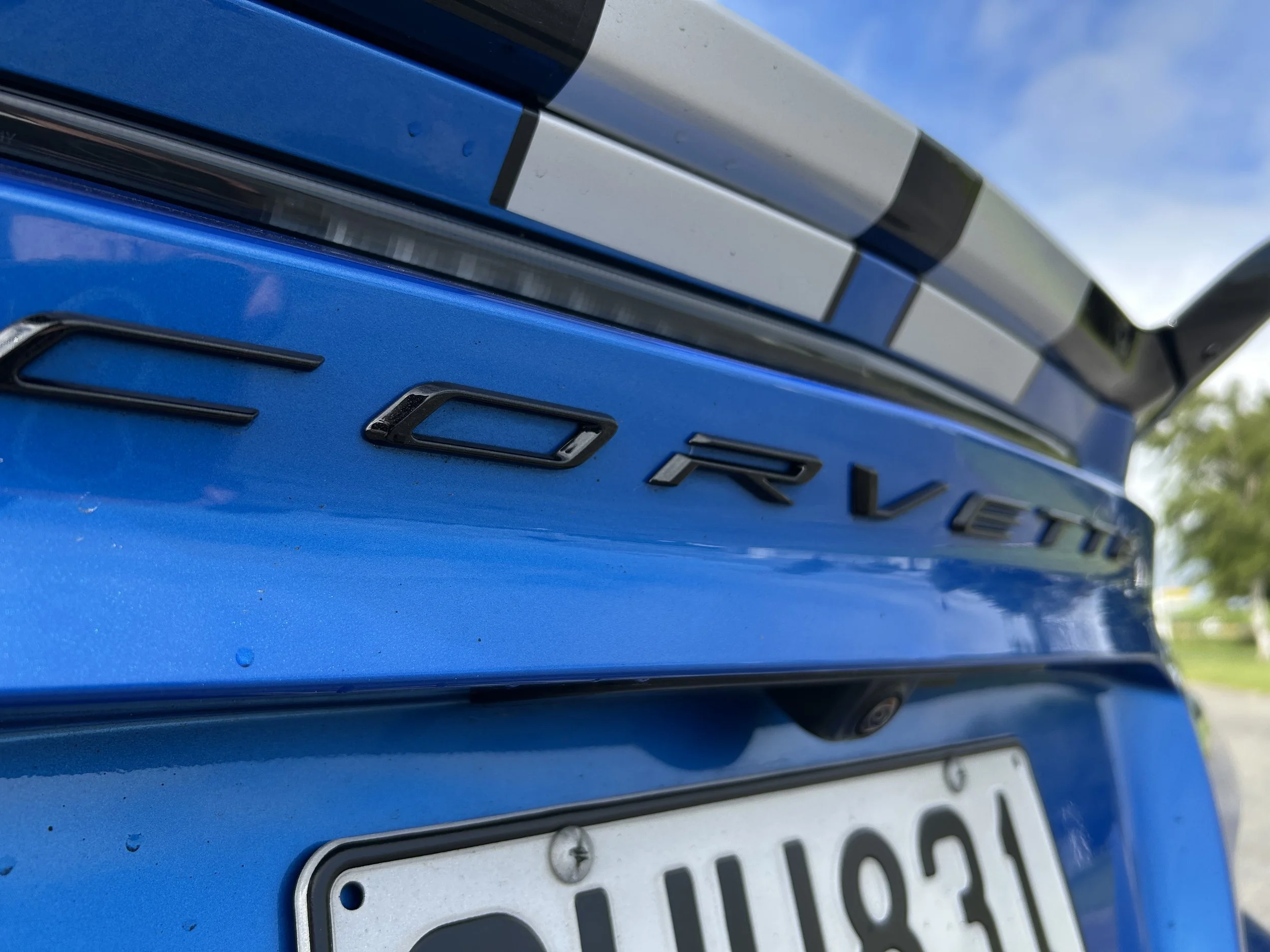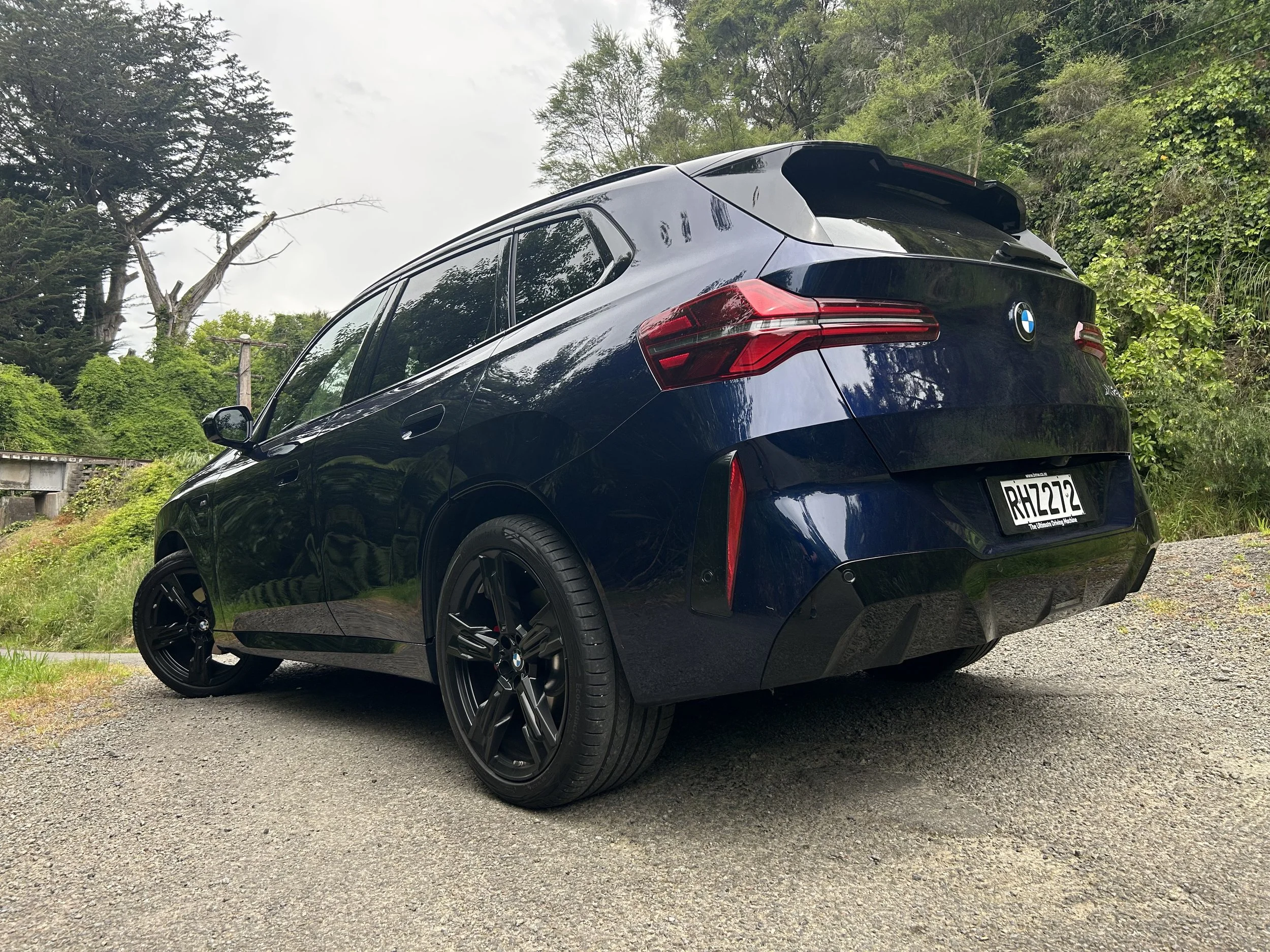Insect and alloy shortage latest threats to car scene
/It’s the season for a tiny creature known to opportunistically hitchhike across continents and oceans … oh, and there’s a looming aluminium shortage.
HAVING already been knobbled by a virus and then a chip shortage, vehicle importers are now steeling to beat a bug and wondering how bad an aluminium sourcing crisis might become.
As the global car making industry is facing up to how to cope with a magnesium shortage that might cripple their operation – because magnesium is an essential part of aluminium alloys used in countless car parts - the national focus is again more on a tiny insect.
We’re back into brown marmorated stink bug season.
The teensy insects have become a wearisome threat requiring tighter biosecurity rules applying to vessels and goods from countries where the pest is endemic.
Basically, cargo vessels are fumigated before being allowed to unload so as to kill the invaders.
In past years, they have been seeking to hitchhike here in car carriers.
Though the new car industry, represented by the Motor Industry Association, believes infestation issues are far more prevalent with imported used cars than new stock – due to manufacturers having implemented strong pre-loading mitigations – the MIA’s chief executive, David Crawford, says it’s nonetheless a challenge.
The bug has established in so many places from where cars are produced that “the list of where it (stink bug) isn’t is now much shorter than the list of where it is.
“North America has always been well known as a problem are but now it is into parts of Europe; basically China and South Korea are the only source countries for cars that are not presenting a problem.”
He has not had any feedback from members to suggest this has become a problem in the current season, but as it runs from last month to April, that’s not to say something might not crop up.
The bug's potential to create havoc on our agriculture – particularly fruit and vegetable growing - here is huge.
An ability to hitchhike, fly, and to feed on a wide range of plant hosts, enables it to spread rapidly when it is introduced to new areas. The beetle voraciously sucks the liquid out of fruits and its toxins cause the plants to die.
What’s worse is that this insect, so-named because it emits a foul smell when disturbed or crushed, can hide for months in a dormant state, before emerging in warmer temperatures to cause havoc.
Kiwis have been coping with stink bug for almost a decade; some years have been worse than others. 2018 was a particularly bad one. Then the discovery of hundreds of bugs aboard cargo ships bringing some 12,000 cars from Japan to New Zealand required the car carriers to be turned away.
The best defence is fumigation – but this takes time. In pre-Covid times, the delay caused by this process added around a month to delivery times. And now?
Well, it certainly has potential to conceivably compound global vehicle manufacturing chain woes, which worsened at the weekend, Crawford suggests.
The headache from coronavirus then the greater hit of car companies finding that, having paused or downsized their semiconductor chip orders in the early months of the pandemic, they now cannot source any is well known.
Most modern cars have between 300 and 3000 semiconductors and each takes 26 weeks, or half a year, to create from scratch.
The magnesium shortage comes from China, the world’s largest producer by far (it delivers 85 percent of supply), having cut production.
It has closed the majority of magnesium smelting plants until the end of the year and cut production by half at the others, because China is in an energy crisis and its government has degreed heavy industry has to do its bit to help.
The problem is exacerbated by the fact that magnesium is hard to store for long periods of time due to relatively quick oxidation.
There is conjecture that Europe’s car makers might start to run out of aluminium as early as mid-November.
NZ is is at the end of a long global chain, so impact here might not be felt for some time, Crawford says. But he believes if it hurts elsewhere, it will ultimately hurt here.


